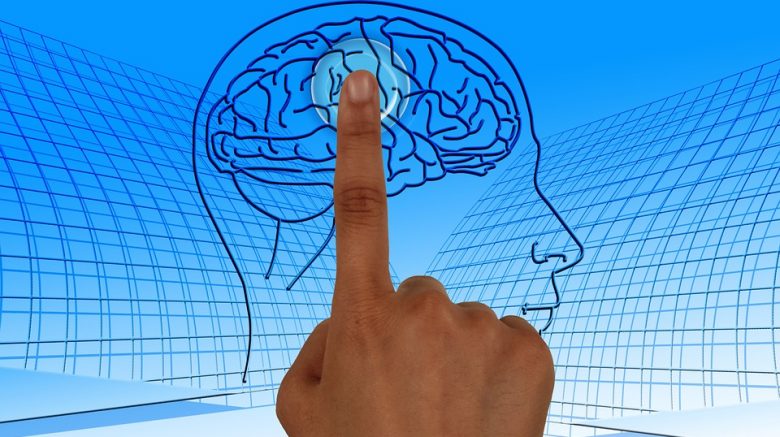Every cause has a month, but for several of us at the Hero Foundation, brain tumor awareness month hits very close to home. First, a quick note on brain tumors if you don’t know much about their prevalence in the United States:
- This year nearly 24,000 adults will be diagnosed with a brain tumor
- Nearly 4,000 children will also be diagnosed with a brain tumor this year
- Brain and nervous system cancers are the 10th leading cause of death
Brain Tumor Prevention
According to the Mayo Clinic, these are some of the most common symptoms and warning signs of brain tumors:
- An increase in headaches, or new unusual patterns of headaches – particularly if they become more severe
- Unexplained nausea or vomiting
- Double vision, blurred vision, or a loss of peripheral vision
- Loss of movement in an extremity such as an arm or leg
- Loss of balance
- Speech difficulties
- Sudden confusion during normal daily circumstances
- Personality or behavior changes
- Seizures, particularly if there’s no history of seizures
- Hearing problems
If you begin experiencing persistent symptoms like those above, it’s time to see your doctor. A brain tumor is nothing to mess with, so it’s important to spread the word on these early warning signs so people can get diagnosed as early as possible.
My Connection
When I talk to people about the Hero Foundation, it’s usually easy to find common ground. It’s hard to find a person who hasn’t seen the effects of cancer and felt the impact in some way. As I realized that May was brain tumor awareness month, it seemed like the right time to spread the word and share a little bit about people in my life who have dealt with brain tumors.
When I was in high school I had a good friend who I knew hadn’t been feeling well. One day he came into class and sat down and addressed a few of his friends sitting in the corner and I’ll never forget the words that came out of his mouth. “You guys want to hear something cool? They found something in my brain.” He was trying to play it down, but the words just cut through me. Even typing this brings back that memory, and the sensation that my bones were vibrating. This was a very bad thing. He knew it, and I don’t know if everyone else did at that moment, but I knew.
Over the course of the next year I watched as my friend battled his brain tumor and slowly lost his battle, and the toll I saw it take on him and his family was so hard, especially as a teenager who had little more to offer than a hug, some kind words, and a willing ear to listen.
That experience left an indelible mark on me, and as I’ve gotten older I’m still fighting to do something about that helplessness I felt as I slowly lost my friend. I know I’m not the guy to cure cancer or stop brain tumors, but I need to do something more.
Enter the Hero Foundation. The stories that come in here are heartbreaking at times, and while we can’t solve all of their problems the money that we’re able to pass through to families makes a real difference in helping people keep their homes, to catch up on their medical bills when there’s no room to breathe financially. The work here really matters, and the people in this organization are right there with the families we work with, and some of our own stories aren’t terribly different.
So, my request to anyone who has read this far is to please spread the information above to help people identify the early symptoms of a potential brain tumor, you might just save a life.

Adam Henige is President of the Hero Foundation and is passionate about helping Michigan families in need. In his spare time he enjoys traveling with his wife and following his favorite sports teams.

